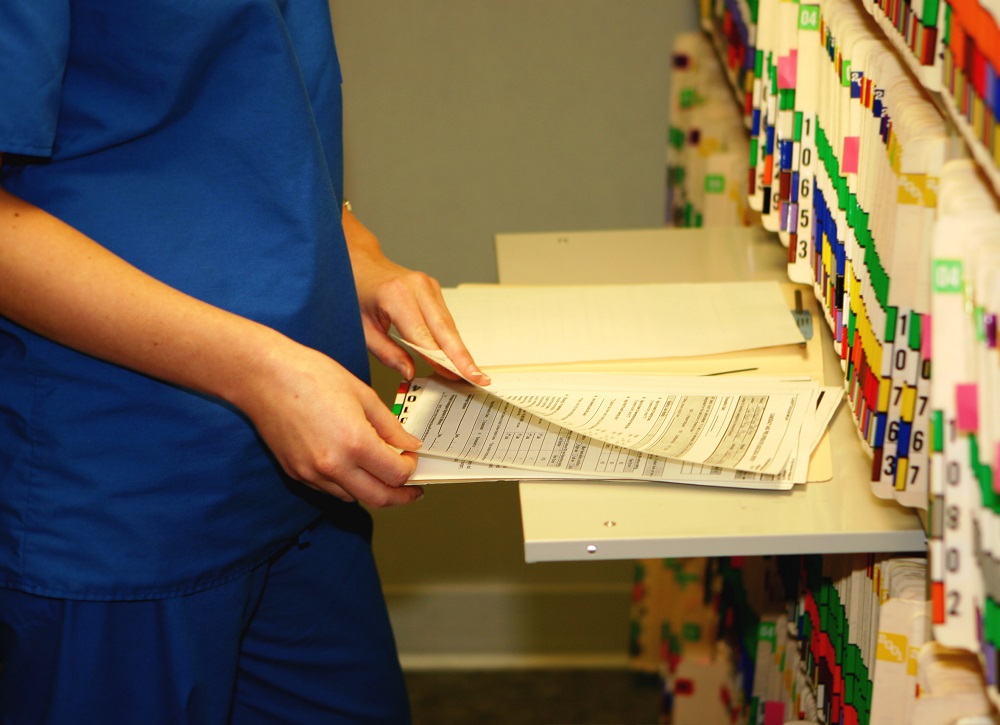1. Prepare yourself
Try to get some good sleep the night before to make sure you are as well rested as possible. If my shift starts at 9pm, I try to have a two-hour nap in the afternoon. Remember to keep your room cool, dark and put your phone away to reduce distractions. Only use it for your alarm if needed.

2. Bring snacks
I find small healthy snacks work best as a big meal can make me feel sleepy. They allow me to gain sparks of energy during a night shift, especially when I start having my 4am crash.

3. Get to know your patients
Night shifts can be a valuable time to introduce yourself to patients, look through their medical notes and check in with them. If some of my patients are still in their chair waiting to go to bed, I like to help the health care assistants get them prepared.

4. Check and review care plans
Between answering call bells, new admissions and a busy nursing station, it can be hard to find the time to review care plans. With the whole night ahead, why not use some of the time to review them and ensure they’re up to date? It will earn you brownie points and improve your knowledge and confidence.

5. Reflect
As a student you could consider using the quieter times on shift as an opportunity to reflect on your current placement and document your learning.

6. Get some practice in
Night shifts are a good opportunity to ease your way into management. If you’re starting off, just ask the mentor or staff nurse you’re with for the night if you can have a go at managing a patient or two. Once you’ve tackled this you may want to ask for more the following night.

7. Remember to drink water
I love a coffee but the most important thing is to stay hydrated as this can help with alertness. Make sure you drink a lot of water to get you through the night.

8. Stay active
Resist the temptation to sit down during the quieter periods. Instead – keep on the move. Trust me, it helps!









